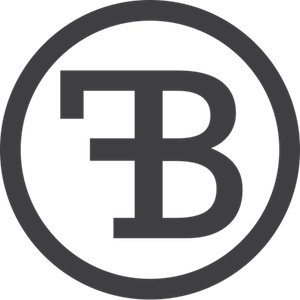“Education could be the key to creating resilience to overcome vulnerabilities generated by the misuse of the information in democratic societies – but we have to provide schools, teachers, and students with the right type of information, training, resources, and support”
Kari Kivinen, Coordinator of Faktabaari EDU digital media literacy project started his presentation at OECE forum 19.10.2019 in Warsaw.
Below 4 key statements and Faktabaari (FactBar) EDU approach to digital self-defence skills in making.
**Statement 1: Media and information literacy should be included in the national curriculum. That is the most effective and systematic way to guarantee\, that teachers will deal with the matter at the school level. **
This is the case in Finland. The media and information literacy is well presented in the national curriculum as well as the development of critical thinking and active citizenship competences. But there is still a gap between the theory and practice.
Statement 2: Teachers should be trained to deal with information disorder and they should have an updated set of tools and methods at their disposal.
According to our experience, teachers need in-service training to deal with the increase in the quantity of information and diversification of the variety of sources. Also, the media landscape is re-shaping constantly and it has become more and more difficult to distinguish information from disinformation.
Statement 3: An interaction between journalists, media experts, and schools is warmly recommended.
The basic idea of the Faktabaari EDU project was to adapt the proved fact-checking methods used by professional fact-checkers into the education field. We have piloted these adapted methods successfully since 2017. We have published simple tools for teachers and educators to deal with information disorder and we have organized plenty of workshops, school visits, etc. to scale up the best practice tools for a larger public.
In 2018 we published the first edition of the “Elections approach – are you ready? Fact-checking for educators and future voters”. Our voter literacy toolkit is compatible with the “European approach to tackle online disinfomation” where European Commission communication “encourages independent fact-checkers and civil society organisations to provide educational material to schools and educators”
Statement 4: Schools should provide students with media and information literacy skills so that they would be able to make their decisions based on facts – not on mis-, dis- or malinformation.
At present Faktabaari EDU is developing new materials for teachers related to “Digital self-defense skills”. The approach could also be called as Internet literacy.
We focus specially on the following 10 concepts:
- There is a need to analyse the media use and media scene of the youngsters. The right question is: “Where do they get their news and information from?”
- It is necessary to share information about ethical principles of journalism.
- We have noticed, that there is a need to clarify the concept of “Science > opinion”
- Algorithm awareness is crucial for understanding the functioning of social media platforms – be aware of our own information “bubbles”.
- Fake news is not a good term – it is misused so heavily. Dis- mis and malinformation definitions have shown to be useful and understandable concepts. We also provide information about different types of misleading information and information disorders
- Disinformation awareness. Many people think that they can pick up easily disinformation. That is not true. Stanford study showed that even high school student have difficulties identify the difference between a mainstream and fringe source.
- Introduction of how do real fact-checkers work? We have used with success e.g. A positive example of Greta case.
- Empower students to check the facts themselves by using simple methods, check-lists, and other tools.
- Provide teachers and students with easy-to-use tools to check the authenticity of photos or videos
- Reflect on privacy awareness and ethical reflection about data. Which data do I want to share about myself? We encourage teachers and students to take ownership of their own data.
This text is based on the speech at OSCE forum by Kari Kivinen, Faktabaari EDU coordinator.
Comments welcome toimitus(at)aktabaari.fi
The blog is republished from Kari Kivinen personal website including additional material.
More on Faktabaari (FactBar) EDU

